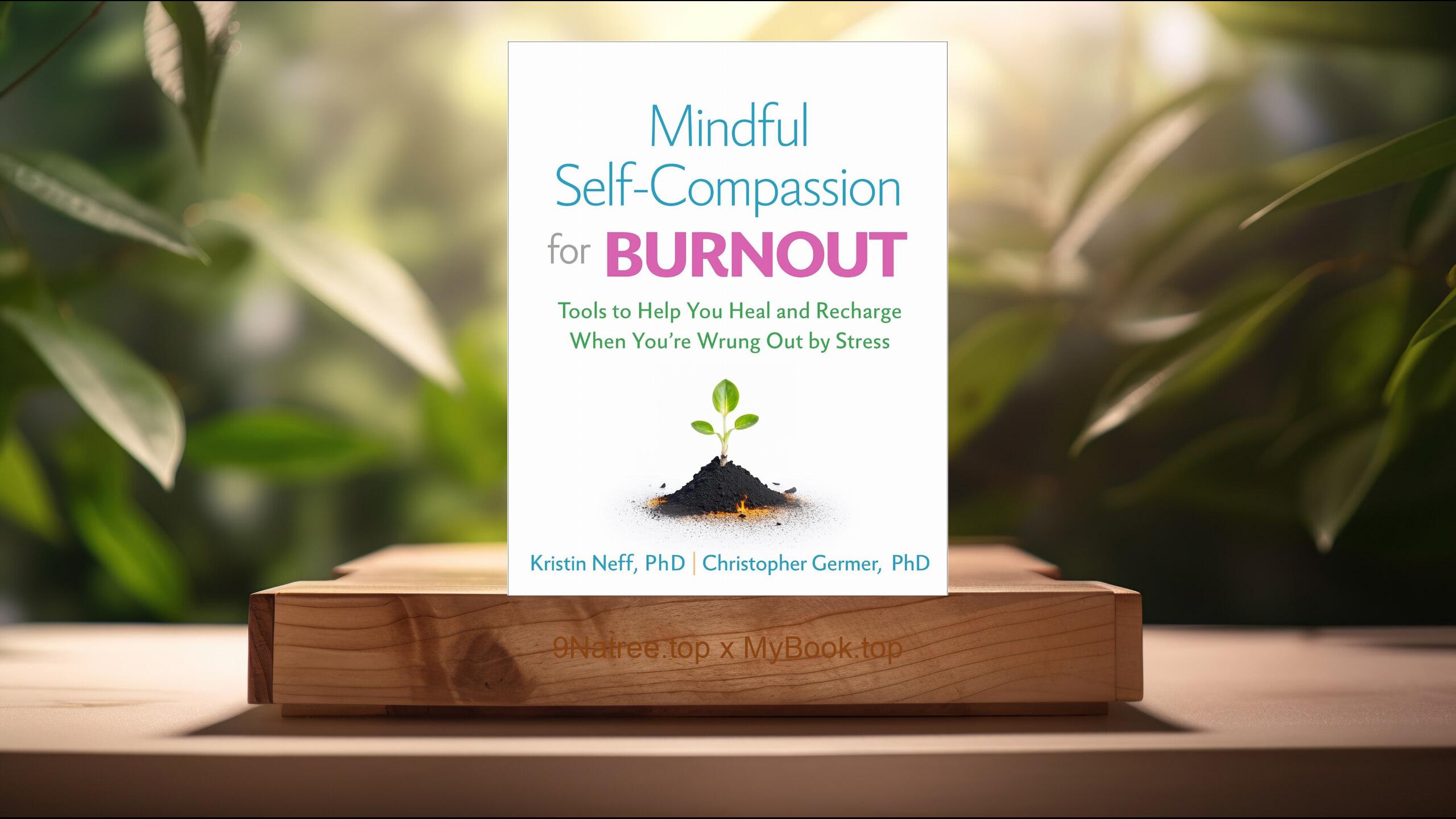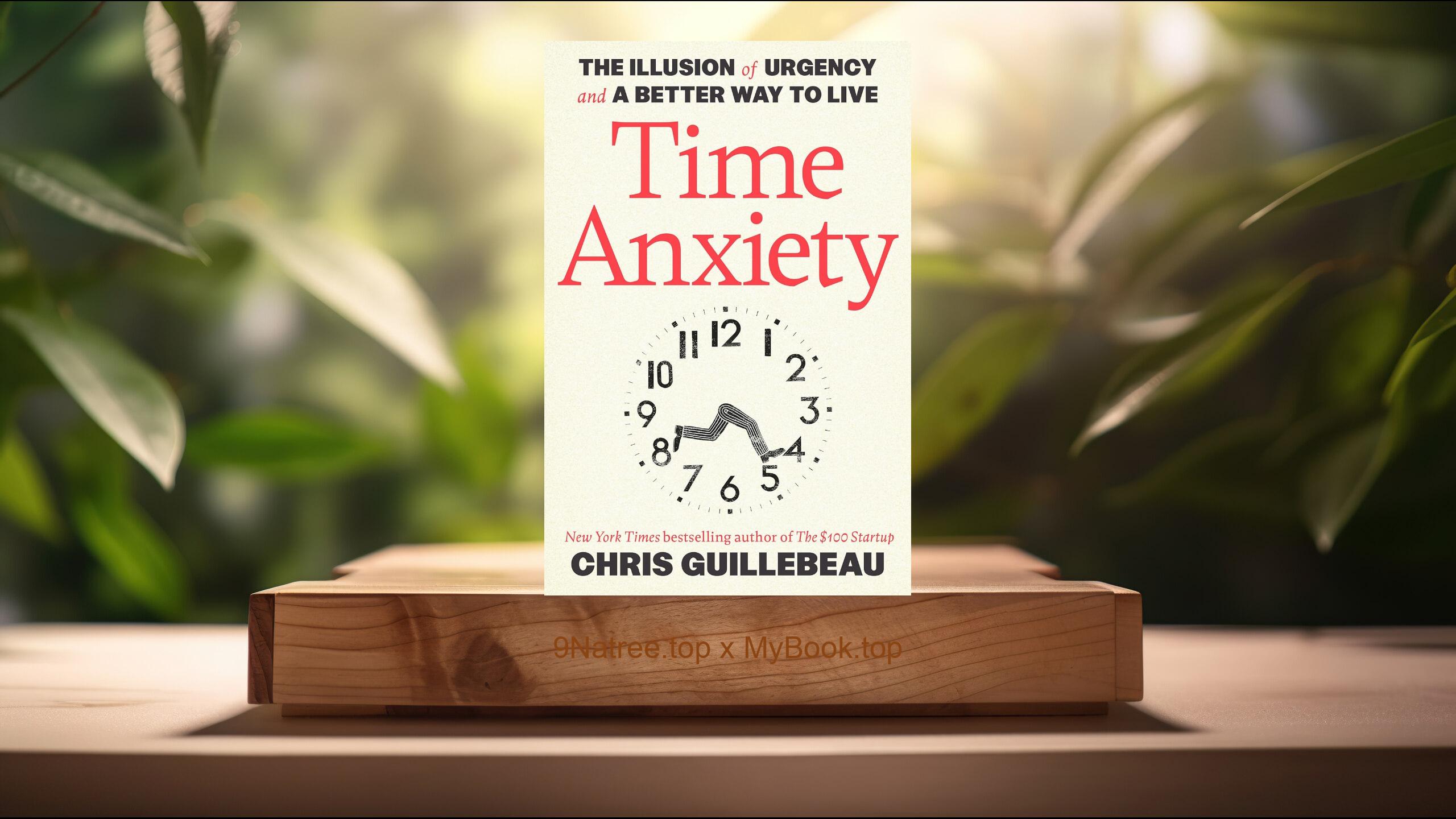Show Notes
- Amazon US Store: https://www.amazon.com/dp/B00D4APD3M?tag=9natree-20
- Amazon Worldwide Store: https://global.buys.trade/Men-Women-and-Worthiness-Bren-Brown.html
- Apple Books: https://books.apple.com/us/audiobook/men-women-and-worthiness-the-experience-of-shame/id656931165?itsct=books_box_link&itscg=30200&ls=1&at=1001l3bAw&ct=9natree
- eBay: https://www.ebay.com/sch/i.html?_nkw=Men+Women+and+Worthiness+Bren+Brown+&mkcid=1&mkrid=711-53200-19255-0&siteid=0&campid=5339060787&customid=9natree&toolid=10001&mkevt=1
- Read more: https://mybook.top/read/B00D4APD3M/
#BrenéBrown #Shameresilience #Vulnerability #Selfworth #Genderroles #Emotionalhealth #Selfcompassion #Authenticliving #MenWomenandWorthiness
These are takeaways from this book.
Firstly, Understanding Shame, Shame is a powerful, often debilitating emotion that can deeply affect individuals' lives and their sense of self-worth. Brené Brown defines shame as the intensely painful feeling or experience of believing we are flawed and therefore unworthy of love and belonging. Unlike guilt, which is the feeling of doing something wrong, shame is about being wrong at our core. This distinction is crucial in understanding how shame operates, dictating our actions, reactions, and ultimately, our relationships with ourselves and others. Brown discusses the origins of shame, tracing it to early experiences of social rejection or failure, and how these experiences are internalized, shaping our beliefs about our value as individuals. She also emphasizes the societal and cultural contributors to shame, including stereotypes, expectations, and the pervasive notion of needing to meet certain standards to be deemed 'enough.' Brown's work on understanding shame is foundational, as it sets the stage for her later discussions on overcoming shame and fostering a sense of worthiness.
Secondly, The Gendered Nature of Shame, Brown’s research importantly highlights how shame's impact varies distinctly between men and women, stemming from traditional gender roles and societal expectations. For women, shame often centers around the impossible expectations of being perfect and pleasing in every role they undertake—be it as a mother, a partner, or a professional. Brown discusses how these expectations create a constant sense of failing to measure up, leading to feelings of shame about their identities and bodies. For men, the shame is often tied to showing vulnerability or perceived weakness, with societal pressures to be strong, successful, and in control at all times. This chapter explores how these gender-specific experiences of shame reinforce cycles of disconnection and emotional suppression, and how acknowledging and understanding these differences is key to addressing and overcoming shame in both men and women.
Thirdly, The Power of Vulnerability, One of the most transformative concepts Brown introduces is the power of vulnerability. Contrary to common belief, Brown posits that vulnerability is not a sign of weakness but a courageous willingness to face uncertainty, risks, and emotional exposure. She explains that embracing our vulnerabilities is essential for authentic connections with others and for fostering a sense of worthiness. Through vulnerability, individuals are able to confront their shame, share their true selves, and build deeper, more genuine relationships. Brown provides practical strategies for individuals to become more vulnerable, such as practicing empathy, setting boundaries, and cultivating self-compassion. This section underscores the idea that by accepting and embracing our imperfections, we open ourselves up to the possibility of real connection and the belief in our own worthiness.
Fourthly, Building Shame Resilience, Brown offers a roadmap for developing shame resilience, a process whereby individuals can recognize their vulnerabilities, confront their shame, and move through their experiences without sacrificing their values or sense of self. She outlines four key elements of shame resilience: recognizing personal vulnerabilities, practicing critical awareness, reaching out to others for support, and speaking shame with empathy and understanding. Each element is dissected and discussed in detail, offering readers practical advice on how to integrate these practices into their daily lives. Particularly notable is the emphasis on the importance of empathy—not only as a tool for connecting with others but also as a powerful antidote to shame. By fostering empathy towards ourselves and others, we can navigate the complexities of shame with more grace and courage.
Lastly, Cultivating Self-Worth, Central to Brown's message is the idea that cultivating a sense of self-worth is intrinsically linked to overcoming shame. She delves into the importance of self-acceptance, belonging, and believing in our own adequacy. Brown illustrates how societal messages of scarcity—ideas that we are never enough, never have enough, and never do enough—fuel our inner critics and shame cycles. Breaking free from these narratives requires an intentional shift towards self-compassion, gratitude, and the embrace of imperfection. Brown provides actionable steps and exercises for readers to engage in, aimed at fostering a deep, grounded sense of worthiness. This includes grounding daily practices in gratitude, setting realistic personal goals, and cultivating communities of support that affirm and reflect our inherent value. By doing so, Brown argues, we not only challenge the societal structures that perpetuate shame but also open ourselves up to living fuller, more contented lives.
![[Review] Men, Women and Worthiness (Brené Brown) Summarized](https://episodes.castos.com/660078c6833215-59505987/images/1837412/c1a-085k3-ndwgjovmbqnw-uidkf9.jpg)




